

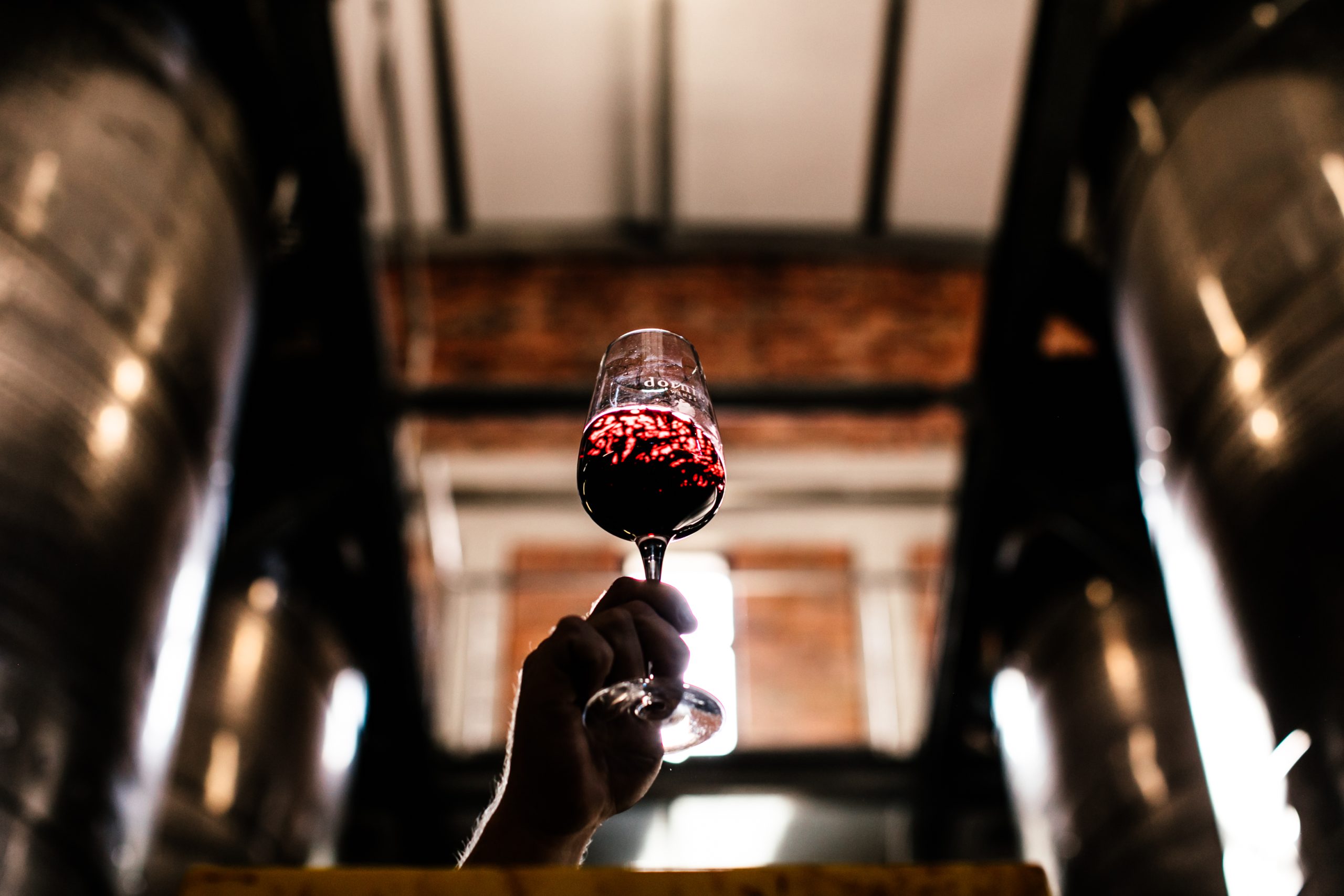
Dornier is a family owned winery situated in the upper Blaauwklippen Valley Stellenbosch. The primary focus at Dornier lies in the production of premium quality wines with minimal intervention which are expressive of the unique terroir of The Golden Triangle whilst showcasing the complexity and finesse of the noble grape varieties planted at Dornier. Reverence for tradition is salient at Dornier as is difference where it leads to improvement.
Dornier Wine Estate is located on 3 different farms in the Upper Blaauwklippen Valley namely Groenkloof, Heldemeer and Stellenrust (Homestead) the latter of which includes a historic Sir Herbert Baker designed homestead and one of the first wine cellars ever built in Stellenbosch in the late 1600s.
It was in 1694 that Jan Jac Van Dyk founded the land in the Blaauwklippen Valley that is home to present day Dornier. Van Dyk’s records provide the earliest historical account of a European landowner that utilized the area for agricultural purposes. The potential and beauty of the Blaauwklippen Valley saw potential landowners flock to the area in droves which subsequently led to the land being divided into individual farms.
Christoph Dornier was the son of Claude Dornier, the famous aviation engineer and founder of Dornier GmbH, who for decades designed many the world’s largest and most powerful airplanes.
Christoph Dornier’s interests and ambitions however differed to those of his father’s. He in turn was drawn to Art, Architecture, Mythology, Stellenbosch and Wine. He loved the mystical aspect to wine, its symbolism and its beauty.
In 1995 he purchased the first of the 4 farms that make up Dornier today and procedurally converted former fruit and cattle farms into vineyards. Dornier comprises of 180 hectares in total of which 40 hectares are planted to vines today.
For 14 years Christoph Dornier, supported by his children, worked passionately on his vision and dream of creating a landmark wine estate different from all the rest in Stellenbosch. His dream was fulfilled with the first Dornier wine being released in 2002. Christoph Dornier, a man ahead of his time, leaves in his wake the iconic, modern 500 ton capacity wine cellar situated at the foot of the majestic Stellenbosch Mountain.
Following the successful establishment of the Dornier brand both locally in South Africa and internationally it was in December 2020 that Mr Jan Rupert and Sons acquired Dornier.
The contribution of the Rupert family to the South African Wine Industry to date has been monumental on multiple fronts and is held in high regard globally.
Under new ownership, the next innovative phase of the Dornier winery will be ushered in, honouring the past and embracing the future whilst traversing to new heights of premium quality wine production and delivering a world class wine destination and experience.
WIETA drives a pro-active world-class and sustainable ethical trade programme for the South African wine industry and aligned sectors. WIETA is also a globally recognised ethical auditing body registered with the Global Social Compliance Programme (GSCP).
WIETA is a multi-stakeholder, representing both the interests of trade unions, civil society groupings, wine brands and their producers. This places WIETA in a unique position to actively promote fair working conditions within the wine industry and to provide a platform for dialogue around ethical trade.
Dornier proudly boasts an A Rating with WIETA given its efforts incorporated and devotion towards facilitating fair working conditions and sustainable ethical trade within the wine industry and its aligned sectors.
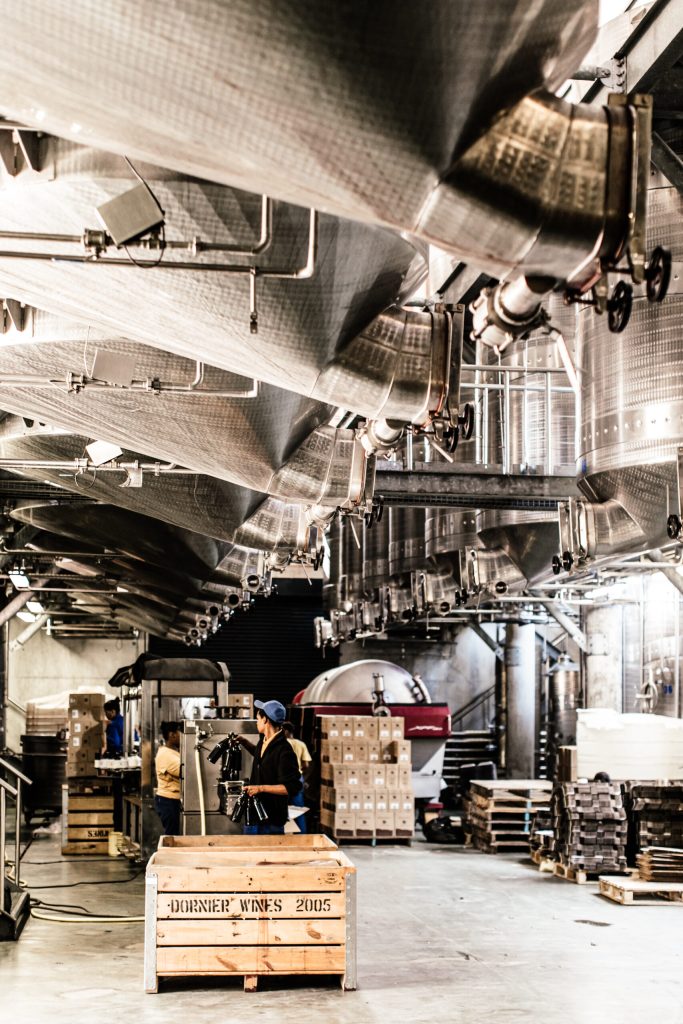
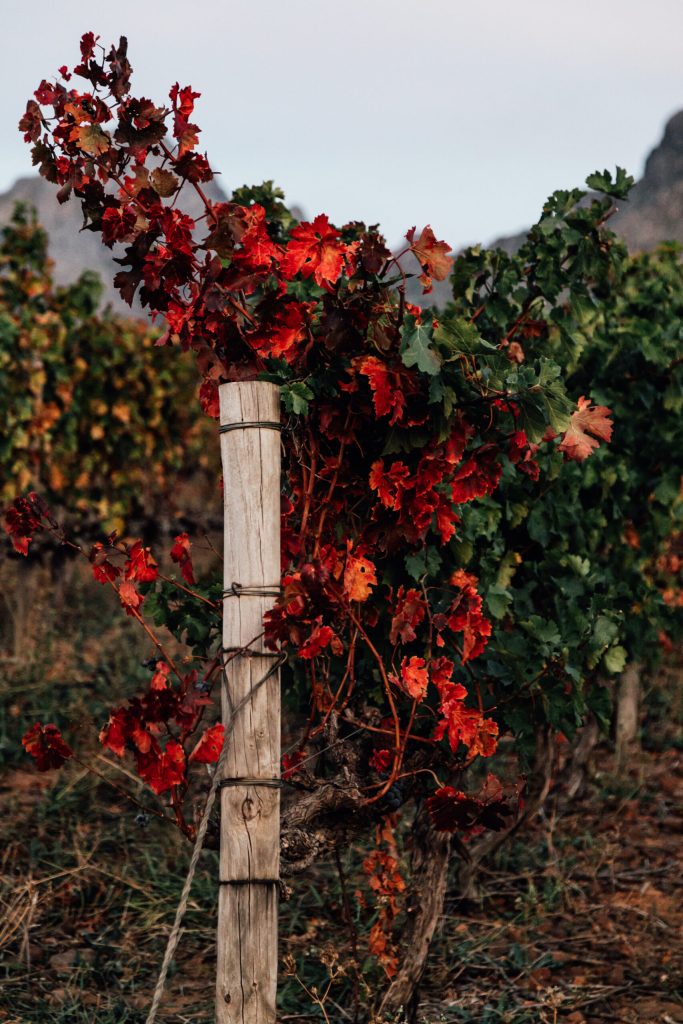
Integrated Production of Wine (IPW) is a voluntary environmental sustainability scheme established by the South African wine industry in 1998. IPW complies with international wine industry environmental sustainability criteria, including the ‘Global Wine Sector Environmental Sustainability Principles’ as published by the International Federation of Wine and Spirits (FIVS) and the ‘OIV. Guidelines for sustainable Viti-viniculture: Production, processing and packaging of products’ as published by the International Organisation of Vine and Wine (OIV).
The production practices on farms and/or cellars of persons joining the scheme are evaluated and audited by the board.
Dornier proudly boasts an A rating with IPW given its ongoing efforts incorporated and devotion towards sustainable farming practises with integrity.
Dornier’s wines draw unique strength viticulturally given that vines planted at Dornier are established on diverse soil types, aspects and altitudes. This allows us to determine the best grape variety and clone to plant for each piece of land.
Soils at Dornier include ancient deep, decomposed red and yellow granite, Tukulu (yellow) and Oakleaf (red) soils as well as Table Mountain Sandstone which have varying amounts of clay content that provide good moisture retention whilst keeping the vine roots cool. These complex soils play an integral role in imparting unique characters to Dornier’s wines as does the range in altitude of the vineyards – being between 100 and 200 metres above sea level. The multitude of aspects further add to vineyard diversity and wine character whilst the high Stellenbosch Mountain peaks trap the cool Atlantic breezes which slow the ripening processes thereby creating intense flavours in the wines.
Vines planted at Dornier include noble grape varieties of Chenin Blanc, Cabernet Sauvignon, Merlot, Petit Verdot, Malbec, Cabernet Franc and Syrah.
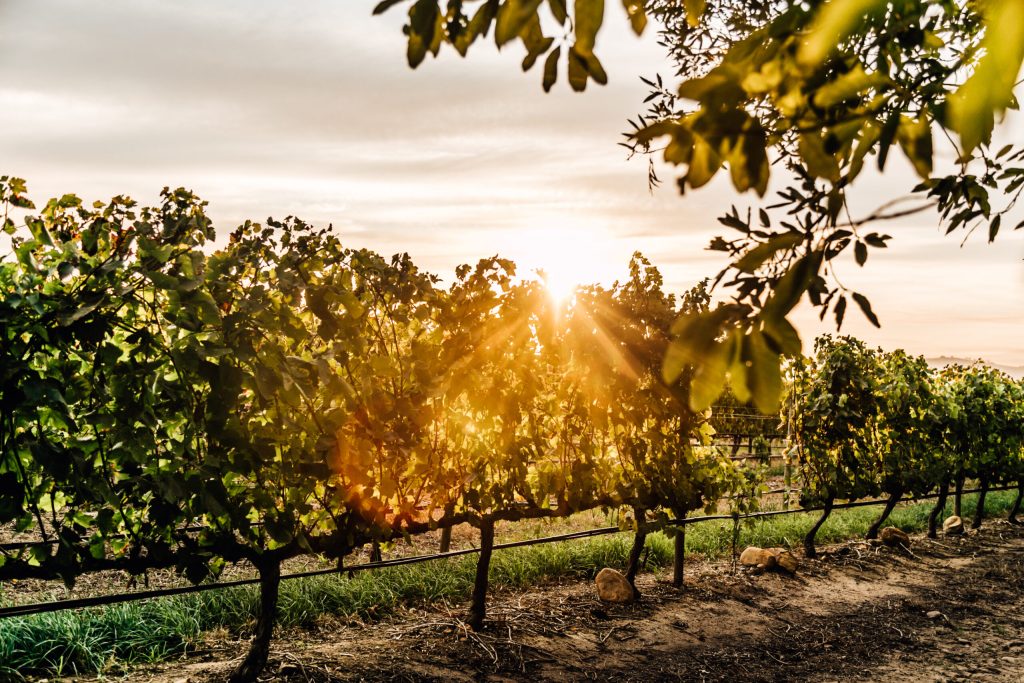
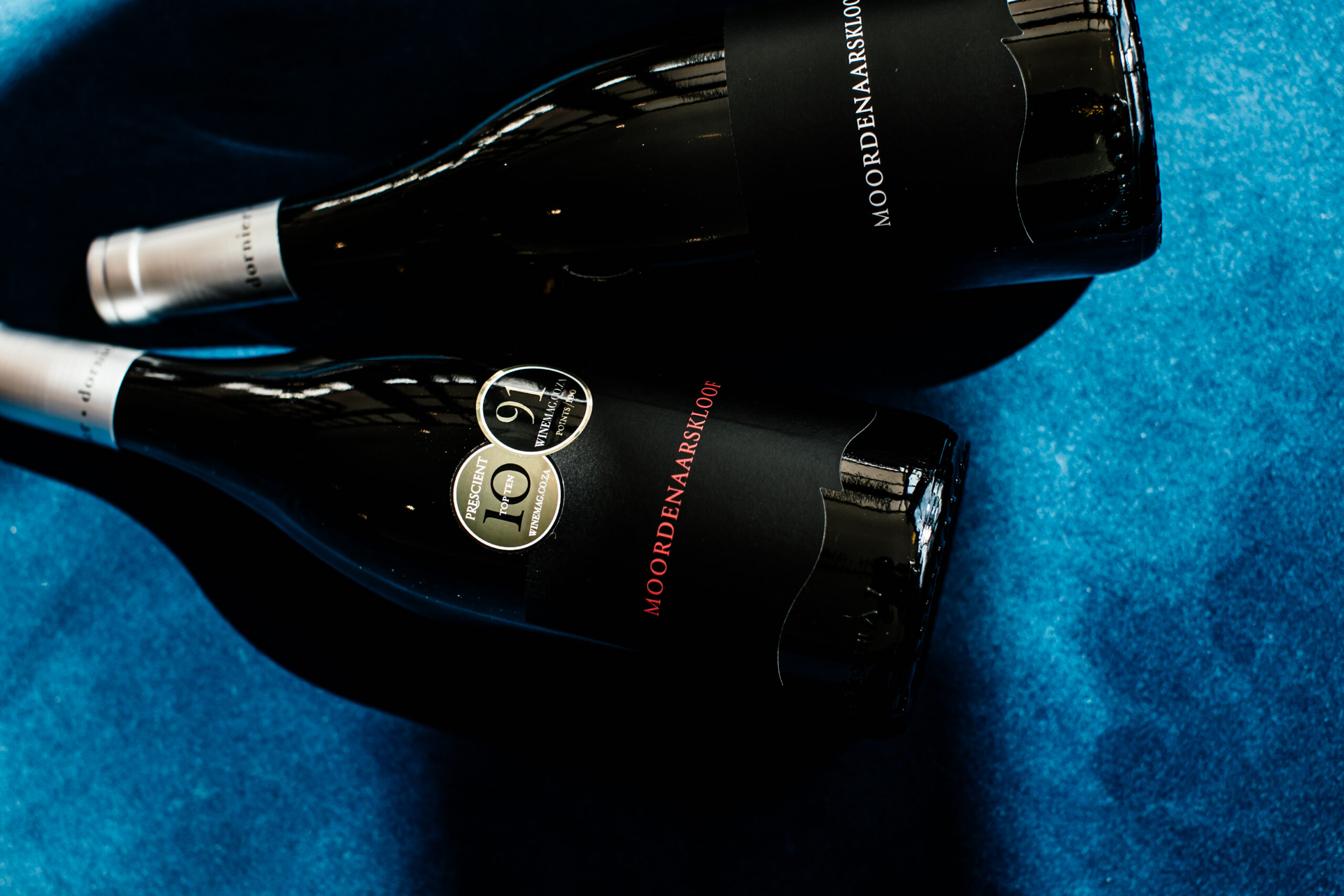
Join The Wine Club